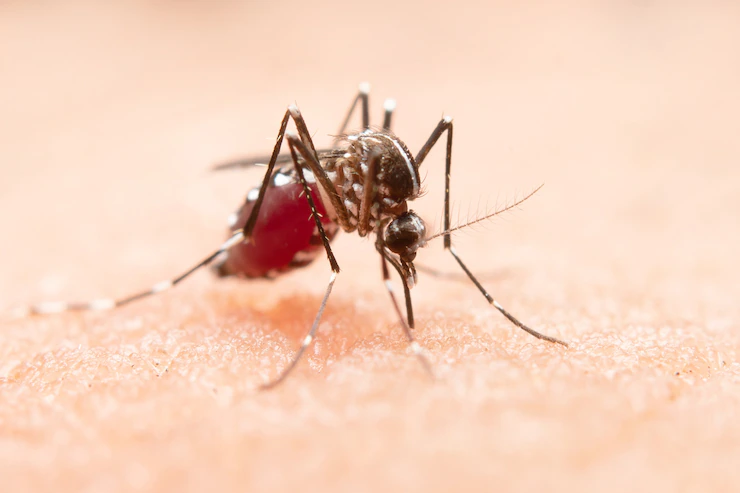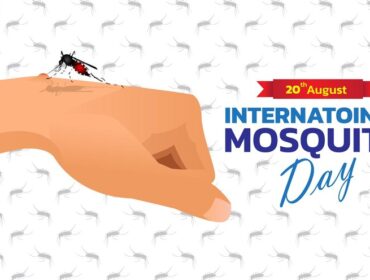World Mosquito Day, recognised on August 20 every year, marks the discovery of the link
between humans, malaria, and mosquitoes. On this day, it was discovered that mosquitoes
transmit the parasite that causes malaria. It was the work of Sir Ronald Ross in 1897 that
confirmed mosquitoes are the vector that carries the devastating parasite from human to
human. This discovery has changed the health industry considerably, ensuring that humans
stay protected.

Even today, years later, mosquito-borne diseases are still difficult to treat and widespread.
Despite all the global efforts made to curb their impact, mosquito-borne diseases are still
the cause of many deaths, and devastating for people even if it’s non-fatal. Malaria alone,
even though curable and preventable, still threatens the lives of millions of people across
the globe. While Chikungunya causes crippling joint pain, Zika infection in pregnant women
can lead to severe birth abnormalities.
However, it is important to note that not all mosquitoes transmit malaria and infectious
diseases. If you’re wondering how malaria is transmitted, it is through a simple bite. If a
mosquito bites you and it is carrying malaria, the parasite will be released into your
bloodstream, and it can infect your entire body. Typically, mosquitoes are most active
during dusk and at night. So, they usually do not bite during the day. However, it is
important to make sure that we stay protected at all times.
History of World Mosquito Day:
World Mosquito Day honours the date when Sir Ronald Ross, found the link between
mosquitoes and the transmission of malaria. The tiny blood-sucking insects are responsible
for transmitting serious diseases. Subsequently, this discovery revolutionised our knowledge
of the disease and led to new preventive measures.
Ross declared the first World Mosquito Day, stating that the world must be aware of the link
between malaria and mosquitoes. It aims to raise awareness about the causes of malaria
and how to prevent it. It is also a salute to the ground-breaking work of Sir Ross and
fundraising for research into the cure of malaria. Although an improved understanding of
the disease has led to more innovative preventive measures, a vaccine for malaria remains
elusive even today.
Facts about Mosquito-Borne Diseases:
Female Anopheles is the main vector of malaria and commonly feeds on humans as
well as cattle.
Travellers that come from malaria-free areas and are not immune are extremely
vulnerable if they are infected with the disease.
Anopheles (vector of malaria) breeds in river bed pools, rainwater pools and
puddles, rice fields, wells, irrigation channels, seepages, etc.
Malaria parasites have developed resistance to a lot of drugs that are commonly
used and this resistance is spreading quickly.
The Female Aedes aegypti transmits dengue, zika, chikungunya and yellow fever
diseases to humans.
Aedes aegypti mosquitoes can breed in any type of manmade container with even a
small quantity of water.
Only female mosquitoes need a blood meal and bite humans and animals.
In a lot of developed countries, the disease is under control. This is due to aggressive
prevention measures and effective monitoring of the disease.
How to celebrate World Mosquito Day:
Learn about malaria: Learn about how malaria spreads and how to protect yourself
against it.
Help raise funds for an anti-malaria organisation: Get involved by holding a
fundraiser to provide repellents and nets and distributing information about the
precautions people should take.
Raise awareness among your friends: Spend some time raising awareness about the
disease both online and offline.

















